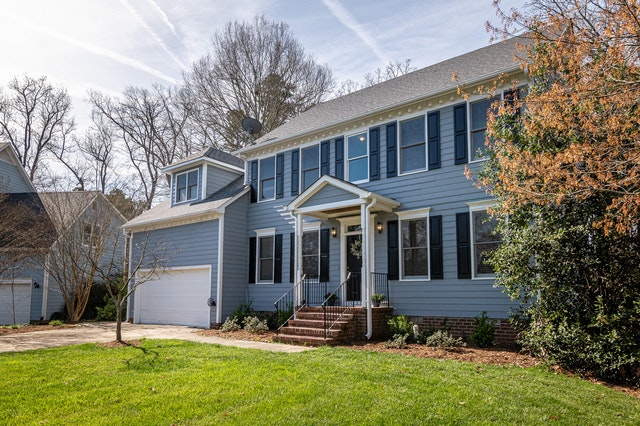Staying Social While Distancing
 For many months, the COVID-19 (Corona-virus) pandemic appeared to be a problem that only existed in foreign lands. Now, this virus has arrived on the shores of the United States and has disrupted jobs, hospitals, and lives. People are being asked to practice social distancing measures to curtail the spread of the virus while some parts of the country are being asked to stay home entirely. The good news is that there are still ways for people to remain social while being safe.
For many months, the COVID-19 (Corona-virus) pandemic appeared to be a problem that only existed in foreign lands. Now, this virus has arrived on the shores of the United States and has disrupted jobs, hospitals, and lives. People are being asked to practice social distancing measures to curtail the spread of the virus while some parts of the country are being asked to stay home entirely. The good news is that there are still ways for people to remain social while being safe.
Get Outside Safely
One of the first tips that people need to remember is that they are still allowed to go outside. Even in states that are telling people to shelter in place, people are still allowed to go outside and get some fresh air. This is a great way for people to not only stay in shape but many other people are doing the same thing. Therefore, this is an opportunity for everyone to get some vitamin D, run into a few neighbors, and socialize (while practicing safe social distancing measures, of course!).
Get The Family Involved In The Cooking Process
Next, given that many restaurants are going to be closed during this crisis, take this opportunity to get the entire family involved in the cooking process. Take a few minutes and bake some cookies with the kids. Ask them for ideas on what to cook for dinner. This is a great opportunity for children to learn about something new, given that they are going to be home from school for a while.
Use Video Chat Applications
Finally, remember that there are still ways for people to stay in contact with one another through video chat apps. These include FaceTime and Skype. Even though that trip to visit the grandparents was canceled, this is still a great way to stay in touch. Furthermore, this can be a way for families to check in with each other and make sure that everyone is doing alright.
Stay Social During The Pandemic
In the end, it is going to be a challenging few months; however, with the right strategies, the country is going to come out stronger on the other side. Put these tips to use and stay social during the pandemic!

 Those who are involved in the real estate industry likely know that mortgage rates are at an all-time low. At the same time, nobody wants to pay more for a house than they have to. Some of the most important factors that dictate how much someone is going to pay for a house include points and interest rates.
Those who are involved in the real estate industry likely know that mortgage rates are at an all-time low. At the same time, nobody wants to pay more for a house than they have to. Some of the most important factors that dictate how much someone is going to pay for a house include points and interest rates. There are lots of people out there who are searching for options for mortgage relief. A quick search will reveal options for programs such as FMERR and HARP; however, many of the articles regarding these programs are a bit outdated. This makes them misleading. Sometimes, people might think they can apply for these programs when, in reality, they cannot. These programs have expired. Fortunately, there is another option for HIRO.
There are lots of people out there who are searching for options for mortgage relief. A quick search will reveal options for programs such as FMERR and HARP; however, many of the articles regarding these programs are a bit outdated. This makes them misleading. Sometimes, people might think they can apply for these programs when, in reality, they cannot. These programs have expired. Fortunately, there is another option for HIRO.